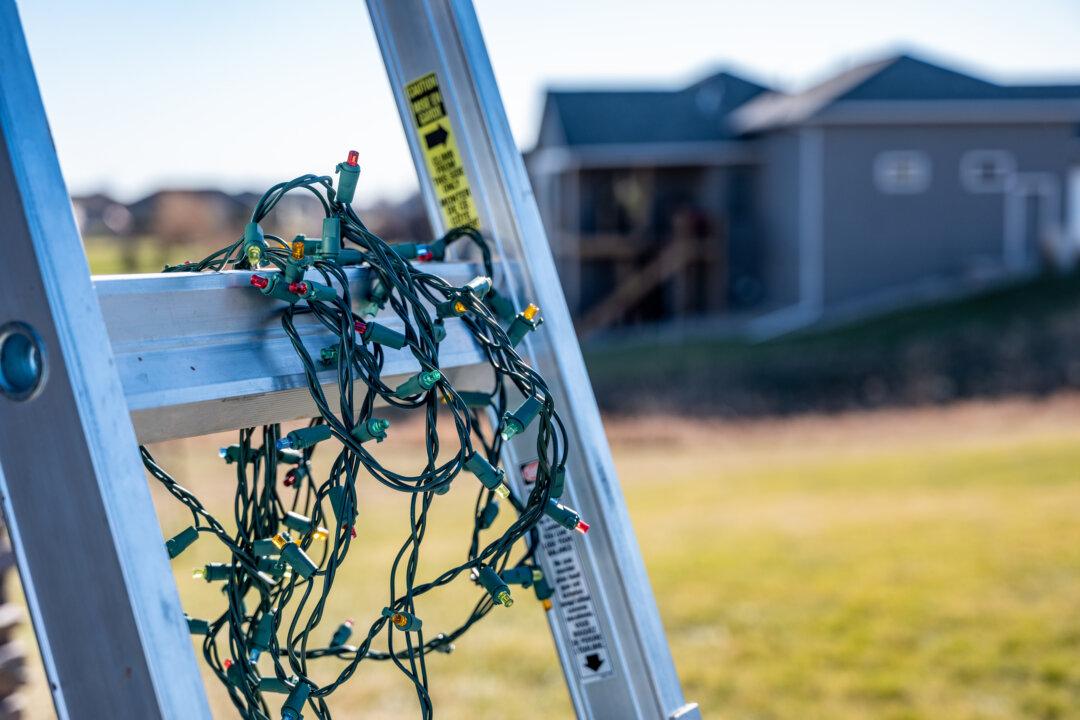By Angie Hicks
From Ask Angi
No one wants to start the holiday season with a trip to the ER. The holidays are a time of fun and frolic, but you want to take care to decorate your home safely for the holidays.

No one wants to start the holiday season with a trip to the ER. The holidays are a time of fun and frolic, but you want to take care to decorate your home safely for the holidays.